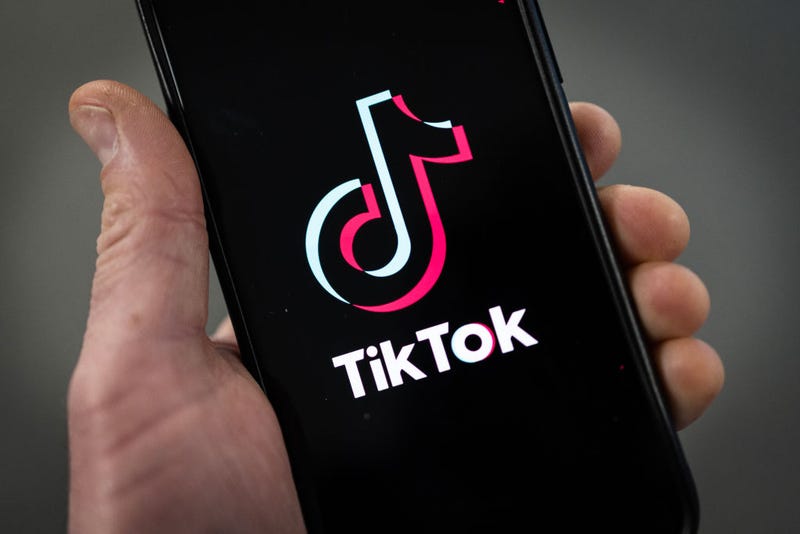
As of Thursday, the social media app TikTok is banned on government electronic devices in the U.K., the country’s Cabinet Office announced.
Before the ban was put in effect, the U.K.’s Cabinet Office Ministers ordered a security review that “looked at the potential vulnerability of government data from social media apps on devices and risks around how sensitive information could be accessed and used by some platforms.”
Ultimately, the government decided that “given the potentially sensitive nature of information which is stored on government devices, government policy on the management of third-party applications will be strengthened,” including the precautionary ban on TikTok.
There had been limited use of the Chinese short-form video sharing app within the U.K. government. According to the Thursday announcement, the decision to ban the app “is in line with similar restrictions brought in by key international partners, including the U.S. and Canadian governments, and the European Commission.”
White House Press Secretary Karine Jean-Pierre fielded questions Thursday about TikTok in the U.S. One reporter mentioned that over 100 million people use the app.
“We’ve expressed concerns over China’s potential use of software platforms that could endanger or threaten America’s safety and their national security,” Jean-Pierre said. “So that is the President’s concern. That is why we have called on Congress to take action.”
She also mentioned the bipartisan Restricting the Emergence of Security Threats that Risk Information and Communications Technology (RESTRICT) Act, which was introduced earlier this month. This legislation is intended to address threats posed by technology from foreign adversaries.
“Today, the threat that everyone is talking about is TikTok, and how it could enable surveillance by the Chinese Communist Party, or facilitate the spread of malign influence campaigns in the U.S. Before TikTok, however, it was Huawei and ZTE, which threatened our nation’s telecommunications networks. And before that, it was Russia’s Kaspersky Lab, which threatened the security of government and corporate devices,” said Sen. Mark Warner (D-Va.), who is sponsoring the bill. “We need a comprehensive, risk-based approach that proactively tackles sources of potentially dangerous technology before they gain a foothold in America, so we aren’t playing Whac-A-Mole and scrambling to catch up once they’re already ubiquitous.”
National Security Advisor Jake Sullivan said in a statement that the Biden administration supports the RESTRICT Act.
China claimed the U.S. hasn’t provided evidence that TikTok threatens national security and that the U.S. seeks to suppress Chinese companies, per one of the reporters at the White House Thursday. Jean-Pierre said that the Committee on Foreign Investment in the United States has a process to address the concerns.
In the U.K., Chancellor of the Duchy of Lancaster Oliver Dowden said the use of other data-extracting apps in addition to TikTok “will be kept under review,” there.
“Restricting the use of TikTok on Government devices is a prudent and proportionate step following advice from our cyber security experts,” he said. “TikTok requires users to give permission for the app to access data stored on the device, which is then collected and stored by the company.
Allowing such permissions gives the company access to a range of data on the device, including contacts, user content, and geolocation data. The government, along with our international partners, is concerned about the way in which this data may be used.”
Dowden clarified that the ban doesn’t extend to personal devices for government employees, ministers or the general public. However, he asked employees to be aware of TikTok’s data policies.
“Specific exemptions for the use of TikTok on government devices are being put in place where required for work purposes,” he added.


